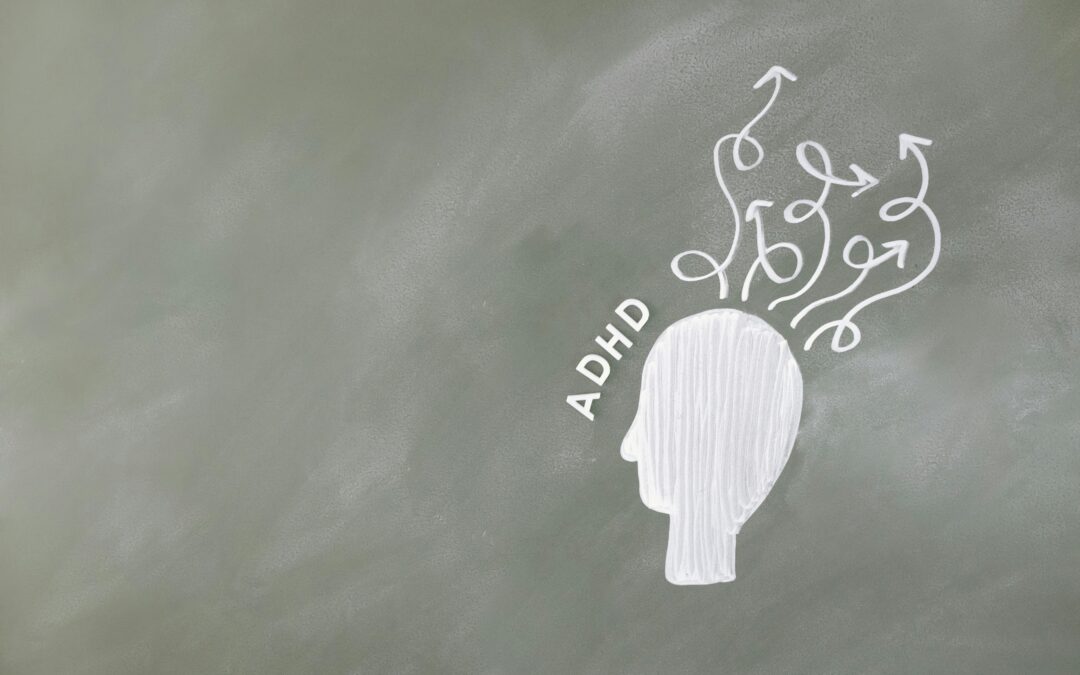ADHD is something many of you are familiar with—it’s a common neurodevelopmental disorder that unfortunately doesn’t just disappear as kids grow up. While it lasts a lifetime, it often improves with time as the brain develops and matures. A brain is not fully developed until around age 25. It can be challenging to allow for that development while ensuring that your child does not become too discouraged by the struggles that come along with ADHD. Kids with unmanaged ADHD are at greater risk for comorbid conditions like anxiety, depression, social struggles, and disordered sleep.
The chronic nature of ADHD means that support is critical. Learning how, what, and when to communicate with your healthcare professionals will ensure that your child gets the treatments and develops the skills that can help them maintain meaningful relationships and self-confidence. I often tell the parents that I work with that raising a neurodiverse child requires next-level parenting. One trick is developing the skill of “externalizing” the diagnosis. That means you are collaborating with your child by talking about ADHD as a separate entity or intruder causing problems. You can “blame” the ADHD.
Kids with ADHD often seem to get in a disproportionate amount of trouble compared to their neurotypical peers and siblings. They deal with a lot of negative feedback from parents, siblings, friends and teachers. The nature of ADHD makes it hard for them to “read the room” when it comes to relationships and social situations. In a clumsy effort to connect with those around them, they tend to push too far and say the wrong things. This often leads to awkward and even harmful interactions. It offers some much needed grace to a kid with ADHD when you can give them the opportunity to learn from a “do-over”.
For example, imagine your child rushes into an explanation that may not be entirely truthful. Instead of reprimanding them, you can gently suggest, “I think ADHD might have caused you to rush your answer. Let’s try a ‘do-over’ without worrying about punishment. Take a moment to think, and then give your answer another try.” This helps your child maintain their self-esteem while building the skills that will give them the power to successfully manage this disability over time.
As someone who works closely with parents and children facing ADHD, I understand the complexities and emotions involved. It’s not just about managing symptoms; it’s about nurturing resilience and self-confidence in your child. I’ve seen firsthand how small shifts in parenting approaches can make a significant difference in a child’s journey with ADHD. That is why at Mentallus, we’re more than just a support system; we’re your partners in navigating the challenges of ADHD. From empowering you with effective parenting strategies to guiding you through the healthcare system, we’re here to bring peace to your household and strengthen your family’s bonds. Remember, you’re not alone!
Who is Mentallus?
Mentallus is a leader in creating pathways for parents with children struggling with behavioral or mental health issues. Our mission is simple yet profound: to empower parents with the tools and resources they need to confidently navigate their children’s mental health journeys. We want you to feel supported, heard, and equipped to face whatever comes your way.
Have questions or are looking for more tips? Let’s chat! We offer FREE consultations that you can schedule below.

